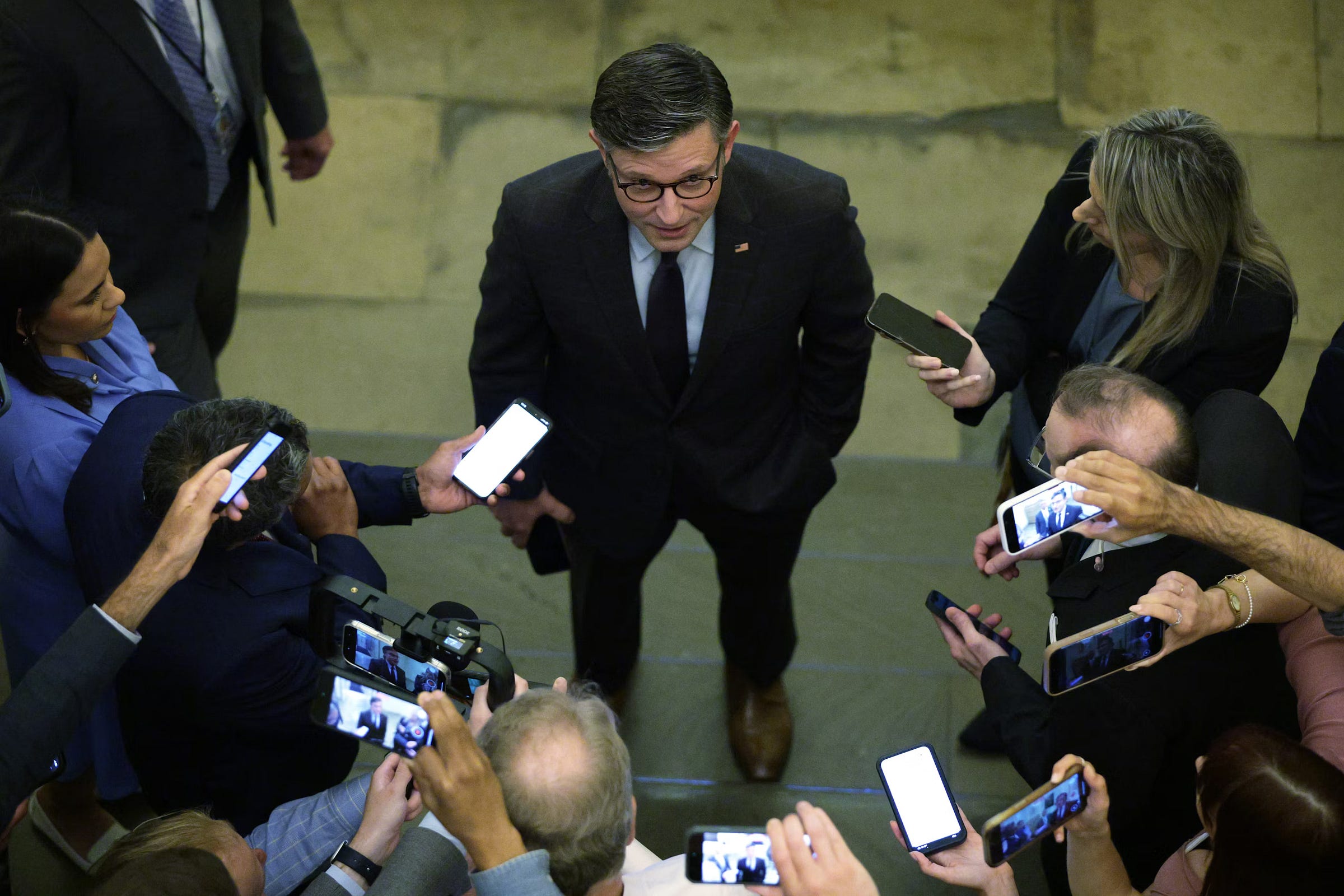The GOP’s Budget Hawks Will Bankrupt the Country, And Will Most Likely Hurt Women in the Process.
Republicans say they’re cutting spending to save the economy. In reality, they’re handing trillions to the rich—while stripping Medicaid, health care, and economic lifelines from women and families.

WASHINGTON — In a chaotic and ideologically charged display last weekend, five Republican members of Congress—Reps. Chip Roy (TX), Ralph Norman (SC), Josh Brecheen (OK), Andrew Clyde (…



